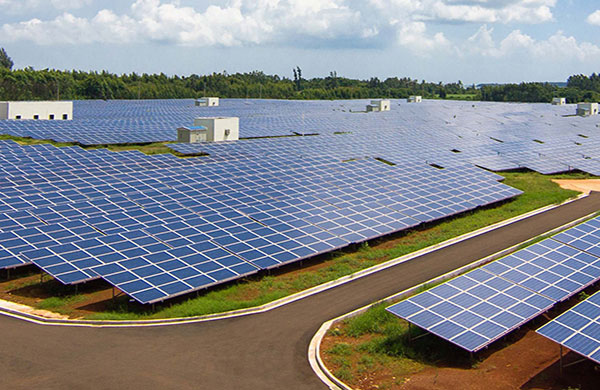Nowadays, in the context of carbon peaking and carbon neutrality, the photovoltaic industry has ushered in great development, and more and more companies are focusing on product technology testing methods and optimization of production processes. At the same time, "cost reduction" has become an important step in whether photovoltaics can surpass other clean energy sources and become major power generation facilities. Vacuum technology and products can more effectively help users achieve large-scale automated production of solar panels and improve profit margins, so as to achieve cost reduction and efficiency for enterprises.
The solar PV industry has a long chain, and most of the processes need to be applied to vacuum technology.

Vacuum technology is used in sintering furnaces of monocrystalline silicon and polycrystalline silicon, which can prevent impurity contamination, prevent reactions with other gases, and improve the purity of pull crystals. Vacuum pump equipment is also required in PE etch diffusion.
In the production of photovoltaic module processes, it is necessary to use vacuum technology to achieve efficient and accurate workpiece handling, especially some extremely sensitive workpieces, which must be gently grasped to avoid leaving traces on their surfaces or causing contamination, including workpieces such as silicon wafers, batteries, packaging lines and finished modules.
Vacuum equipment developed and designed by Chinese Hokaido vacuum pump manufacturer specifically for solar photovoltaics is widely used in monocrystalline silicon, polycrystalline silicon, cells and modules in the photovoltaic industry. The photovoltaic industry mainly uses the following types of vacuum pumps: rotary vane vacuum pumps, roots vacuum pumps, screw pumps, scroll pumps and Roots units.


